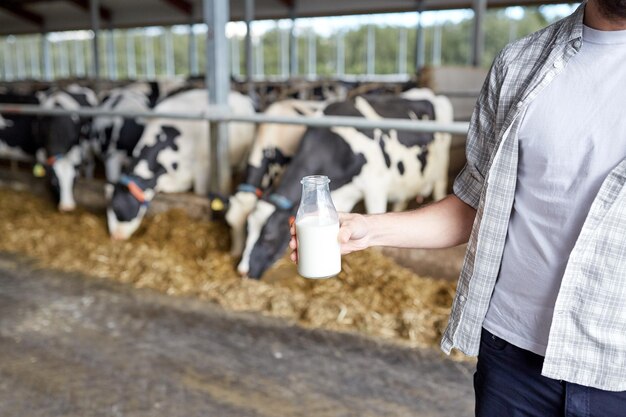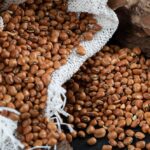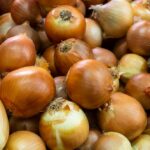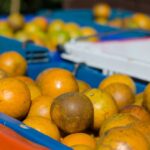Dairy farming is a vital component of South Africa’s agricultural sector, providing not only a source of nutrition for the population but also significant economic contributions. For farmers looking to enhance their dairy operations and produce high-quality milk, there are several best practices to follow. Here are essential tips for South African farmers aiming to optimize their milk production.
1. Choose the Right Breeds
Selecting the right dairy cattle breed is crucial for achieving high milk yields and quality. Popular breeds in South Africa include Holstein, Jersey, and Ayrshire. Holsteins are known for their high milk production, while Jerseys are recognized for their rich milk fat content. Evaluate local conditions, market demands, and available resources to choose the breed that best suits your farming goals.
2. Focus on Nutrition
Proper nutrition is key to maximizing milk production and quality. Dairy cows require a balanced diet that includes carbohydrates, proteins, vitamins, and minerals. Implement a feeding strategy that includes high-quality forage, grains, and commercial concentrates. Regularly test feed for nutritional content and adjust rations based on lactation stage, body condition, and overall health.
3. Implement Effective Milking Practices
Milking practices significantly impact milk quality. Ensure that milking equipment is clean and well-maintained to prevent contamination. Train workers on proper milking techniques, including hygiene practices, to minimize stress on the animals and maintain milk quality. Regularly check for and address any signs of mastitis, as this can adversely affect milk quality and yield.
4. Maintain Cow Comfort
The comfort of dairy cows directly influences their productivity. Provide adequate shelter, ventilation, and bedding to keep cows comfortable and stress-free. Ensure that they have access to clean, fresh water at all times. Additionally, monitor stocking density to prevent overcrowding, which can lead to stress and decreased milk production.
5. Regular Health Monitoring
Implement a proactive herd health management program that includes regular veterinary check-ups, vaccinations, and health assessments. Keep accurate records of each cow’s health, milk production, and breeding history. Early detection and treatment of illnesses can prevent significant losses in milk production and contribute to the overall welfare of the herd.
6. Utilize Technology
Incorporating technology into dairy farming can enhance efficiency and productivity. Consider using herd management software to track milk production, health records, and feeding schedules. Automated milking systems, sensors, and monitoring devices can provide real-time data to optimize milking and herd management practices.
7. Implement Good Hygiene Practices
Maintaining strict hygiene practices is crucial for producing high-quality milk. Regularly clean and disinfect all equipment, including milking machines, storage tanks, and feeding troughs. Establish a routine for cleaning and sanitizing barns and milking parlors to minimize the risk of contamination.
8. Practice Sustainable Farming
Sustainable dairy farming practices not only contribute to environmental health but can also enhance productivity and profitability. Implement waste management strategies, such as composting manure and recycling wastewater. Explore rotational grazing and integrated crop-livestock systems to optimize land use and maintain soil health.
9. Educate Yourself and Your Team
Continuous education is essential for staying informed about the latest advancements in dairy farming. Attend workshops, seminars, and training sessions to learn about new technologies, breeding techniques, and best practices. Encourage your team to participate in training opportunities to enhance their skills and knowledge.
10. Engage with Industry Experts
Collaborate with agricultural extension services, veterinarians, and dairy specialists to gain insights into best practices for milk production. Networking with other dairy farmers can provide valuable information and support. Joining industry associations can also keep you updated on market trends, regulations, and innovations in dairy farming.
Producing high-quality milk is a multifaceted endeavor that requires attention to detail, dedication, and a willingness to adopt best practices. By following these tips, South African farmers can enhance their dairy operations, improve milk quality, and ensure the sustainability of their farming practices. As the demand for dairy products continues to grow, embracing these strategies will position farmers for success in a competitive market.







